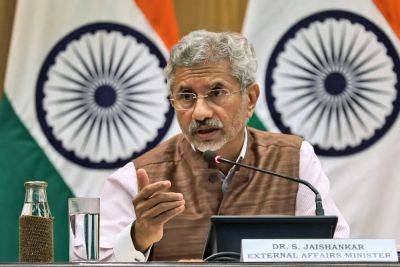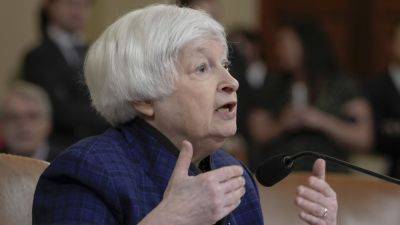Growth Of Smaller Parties Could Encourage Rethink Of Parliament Rules
The growth in the number and influence of smaller parties across the UK could encourage officials to look again at the rules which govern parties’ influence in the Commons, a parliamentary expert has said.
Louise Thompson, a senior lecturer in politics at the University of Manchester told PoliticsHome that voters will have the option of "far more" smaller parties that they have heard of at this election, compared to recent history.
The Standing Orders of the House of Commons – the written rules which regulate the proceedings of the House – only refer to the government, the official opposition, and the second largest opposition party, which is currently the SNP. They make provision for opposition days, and also regulate other parts of business such as time limits on speeches.
Thompson said that currently there is a “lack of guarantees and certainty for smaller parties” in the Commons. “If you are Conservative, Labour or SNP at the moment you have guaranteed rights to questions, guaranteed seats on committees,” she explained.
“If you are below that you get pretty much nothing, and if you want to get something you’ve got to get one of the bigger parties to concede, you’ve got to plead with the Speaker.”
The Conservatives are set to lose a large number of seats at the election according to current polling, but are currently still expected to be the second largest party to Labour.
Other seats like the Scottish National Party or Democratic Unionist Party only stand in one nation, so their vote is concentrated in one area where they may win a large number of seats. For parties like the Liberal Democrats however, their vote is more widespread across the country, and therefore may result in fewer seats for a greater number of







